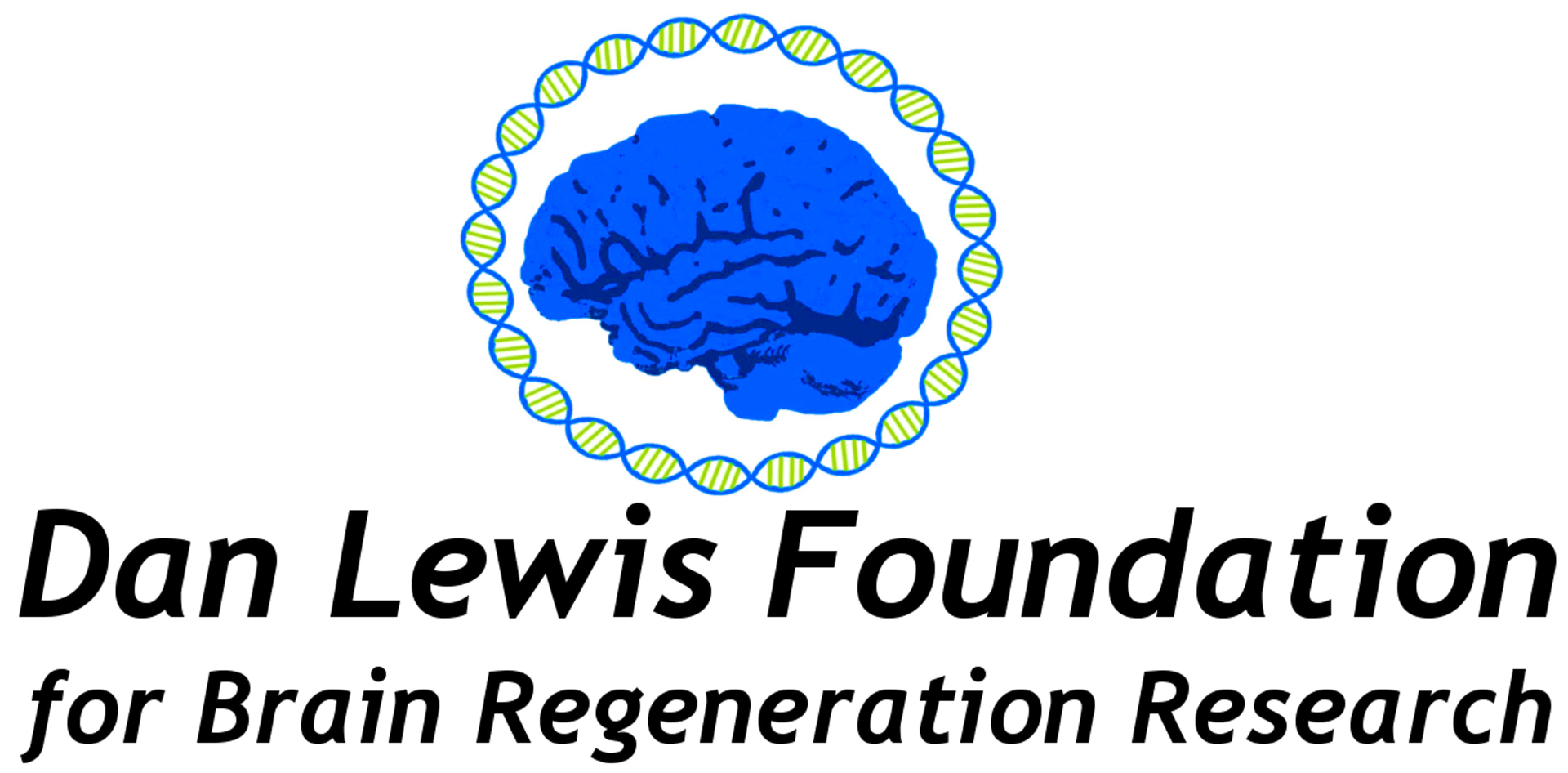Alan was injured in 2021, at age 42. An art teacher in Lakewood, Colorado, Alan was riding his bicycle after school and was crossing at an intersection when a truck turned into the crosswalk area and hit him. Alan reports no memory of the event but has been told this is what happened. Alan says “My frontal lobe took the brunt of the impact, particularly the left frontal lobe”.
Alan had a 2 ½ week stay at a nearby hospital where he, “re-learned to talk, to walk, and drink”-- although again he reports no memory of his stay there. Alan was then transferred to Craig Rehabilitation Hospital, in Englewood, Colorado. Alan says, “The only reason I knew I was at Craig is that I rolled over in bed and saw “Welcome to Craig” on the dry erase board.” During this stage of recovering, Alan repeatedly denied that he had been in an accident. Twice he tried to leave Craig on his own accord despite his wife’s and his therapists’ assurances that it was important for him to stay to recuperate from his injuries.
Alan’s wife was 8 months pregnant at the time of his accident and gave birth to their son while Alan was an inpatient at Craig. Alan’s wife brought his newborn son to visit him days after the birth and Alan held him while sitting in his wheelchair, but Alan wistfully reports this is another thing he can’t remember.
Alan reports that he still has significant difficulties with memory. Alan has also experienced several other neuropsychological difficulties. He states that for months after his injury, he could not experience emotion. “I could not laugh, I couldn’t cry.” Even after three years, his emotional experience is constricted. However, an emotion that is sometimes elevated is irritation and anger. Sometimes, dealing with people can be difficult because he may have temper flare-ups with little reason. This is something that Alan regrets and he is working hard with his neuropsychologist to improve the regulation of his emotions.
Alan also has difficulty with organization, motivation, and distractibility. Earlier in his recovery, he had trouble sequencing and had difficulty carrying out personal and household routines. Alan has benefited greatly from therapy and his own hard work to make improvements in these areas.
A chief reason that Alan works so hard in his recovery is so that he can be a good father to his son who is now almost 3 years old. He recognizes that it is important not to get frustrated when it seems that he can’t provide what his son wants or needs at a given moment. “I’m trying to raise my son the best I can…he’s at such a pivotal time in his life.”
Alan’s financial situation was helped for a time by Social Security Disability Insurance payments but these payments ended. He is trying to get SSDI reinstated but the process of doing so is confusing and is taking a lot of time. Alan returned to work about 11 months ago at a liquor store (after about 2 years of not being able to work), the same store where he previously worked part time while teaching. He works in the wine department. “I sell wine and make recommendations.”
When asked for advice to other brain injury survivors, Alan’s words were: “No matter how confused or upset you are or how frustrated you get, keep pressing on and moving forward because there is light at the end of the tunnel even though it may seem long. Keep moving forward and don’t give up no matter what anyone says to you”. Alan added that supports for individuals with brain injury are very important. He has found support groups, retreats, and seminars/events where brain injury survivors can share their experience to be very helpful. The volunteer work he does at Craig Hospital has been valuable for him.
Alan is an inspiring individual. Despite having scarce memory of his accident and some confusion about the functional losses he has experienced, Alan has worked hard to make his recovery as complete as possible. He continues to work hard to progress and to express gratitude for those who have assisted him along the way.
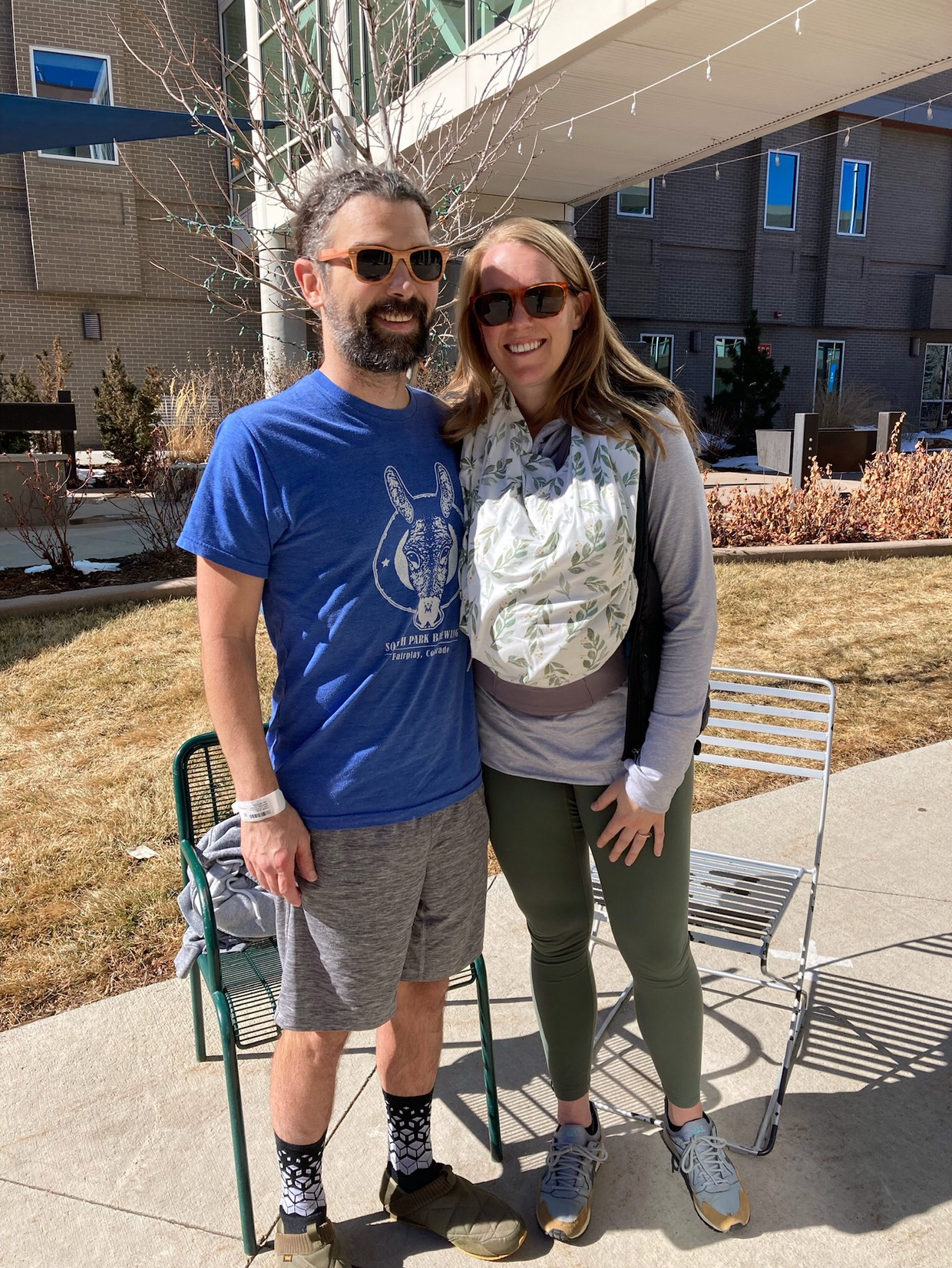
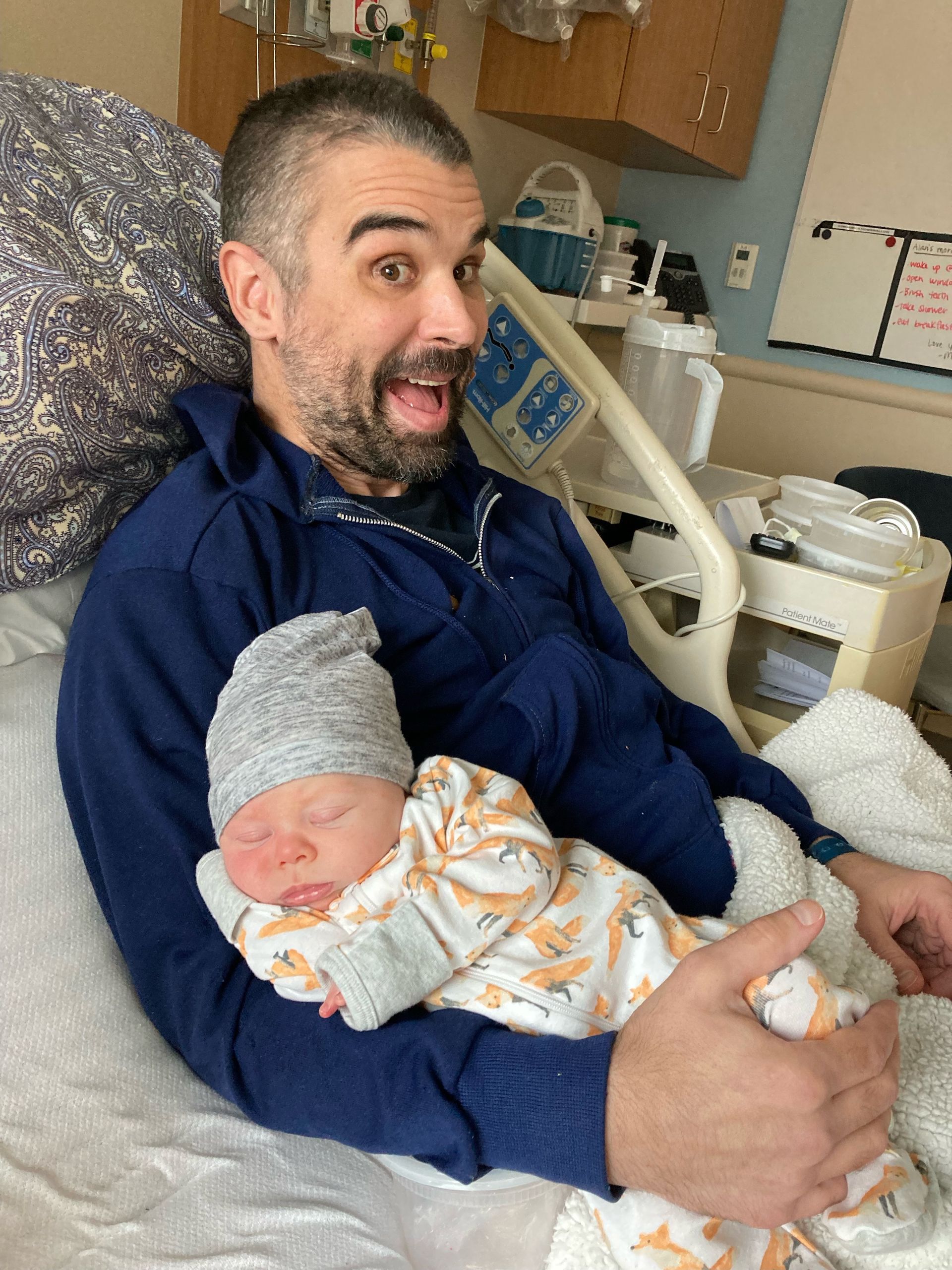
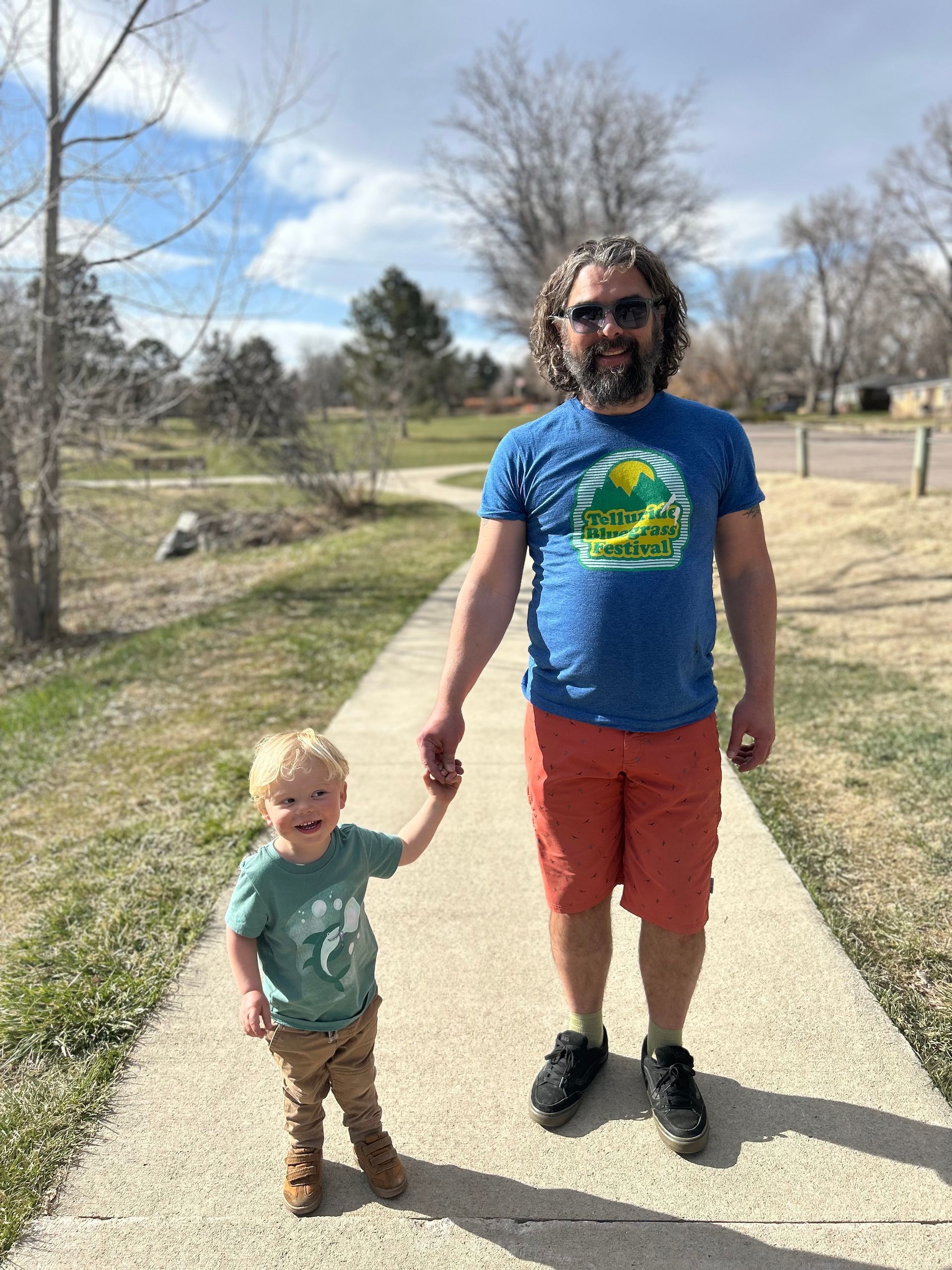
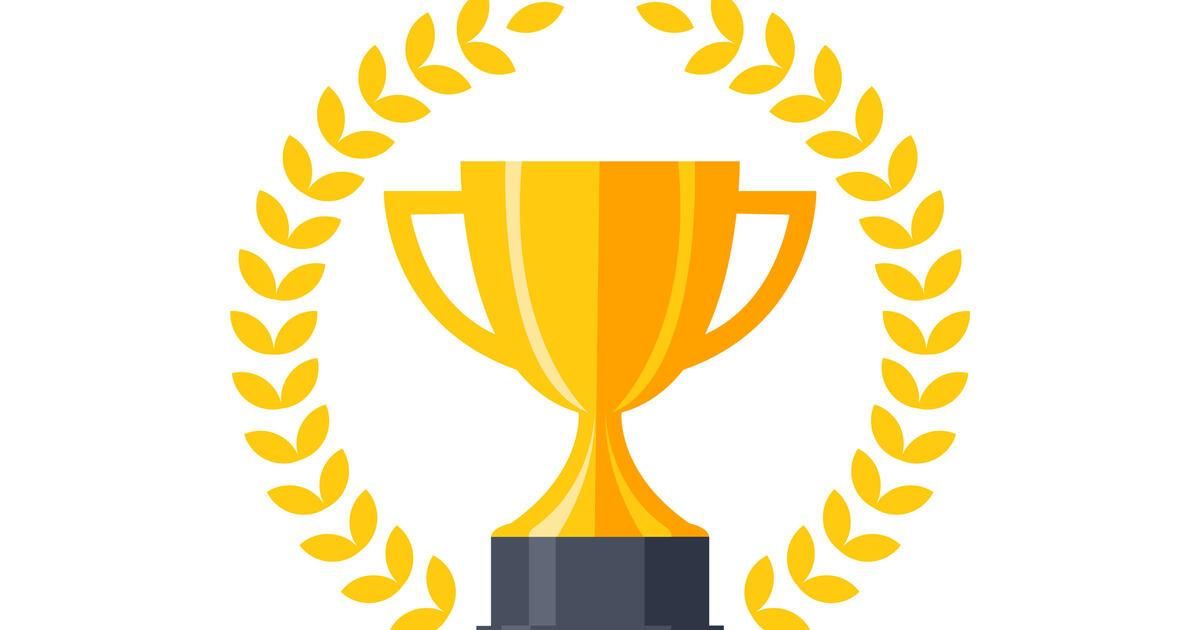
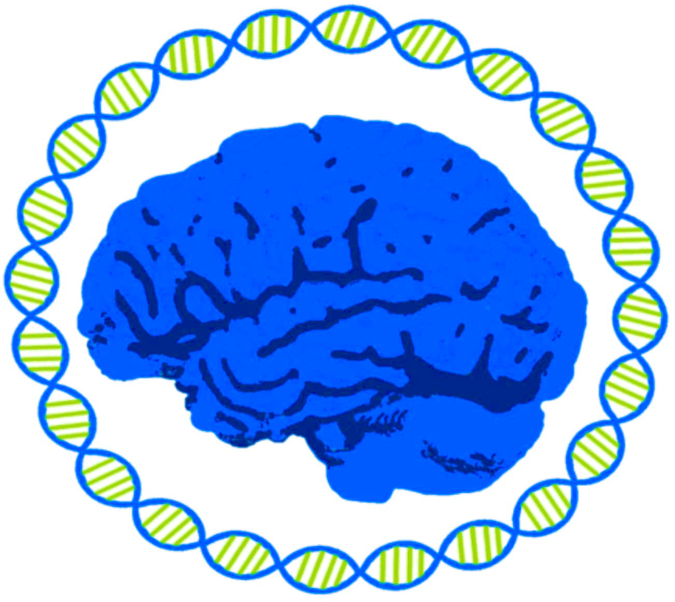
Your support can make a difference
Please consider donating. Every dollar donated goes toward keeping our research alive.
The Dan Lewis Foundation for Brain Regeneration Research is an incorporated 501(c)(3) non-profit organization. Donations are tax deductible.
Thank you to our sponsors: Google for Non-Profits
Donations of stock may have significant tax benefits for the donor and are a great way to support the foundation. Please contact us for more information regarding the tax benefits and the process of transferring stock to the foundation.
Subscribe for Updates
Subscribe to our newsletter
We will get back to you as soon as possible.
Please try again later.
All Rights Reserved | The Dan Lewis Foundation For Brain Regeneration Research | In Partnership With CCC
